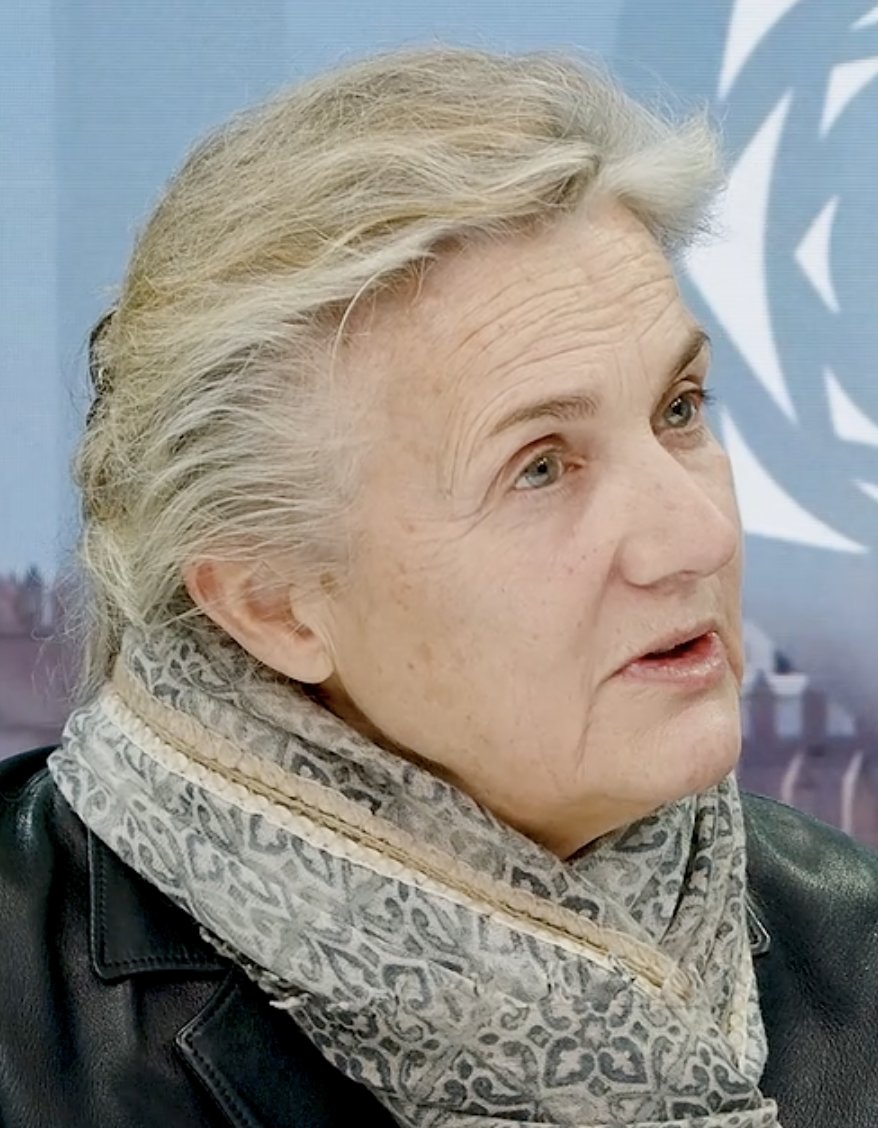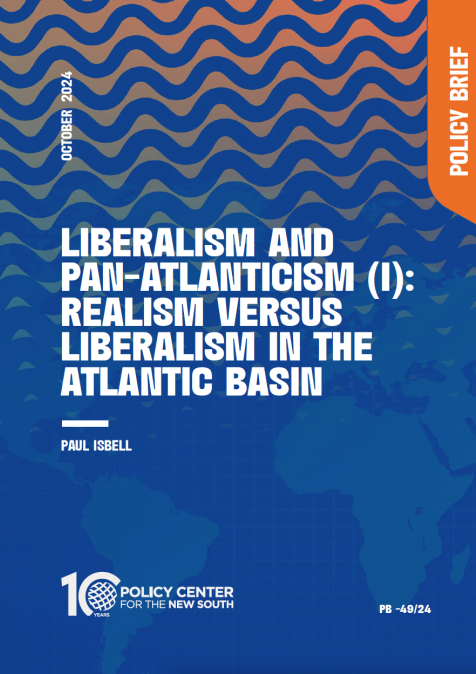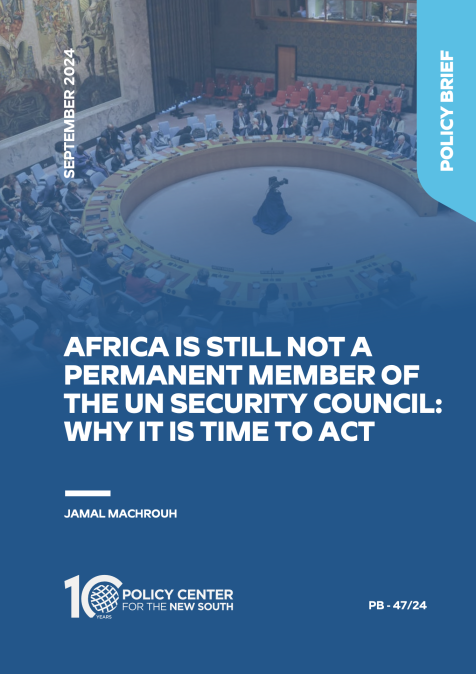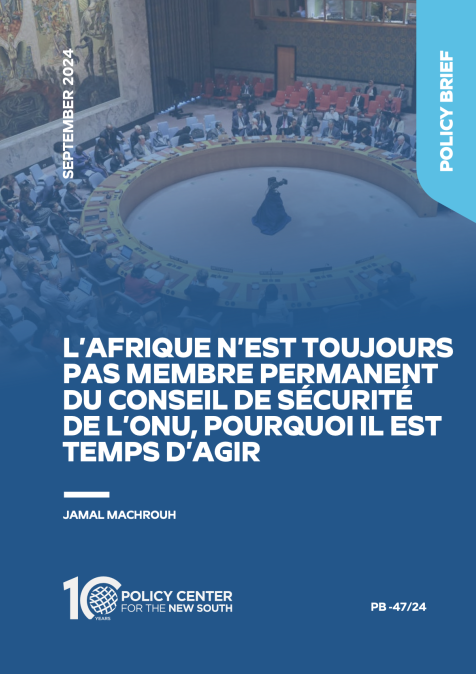Gouvernance et biens communs : repenser la coopération dans un monde fragmenté
January 16, 2025
Alors que les défis globaux – changement climatique, transition énergétique, montée des conflits – s'accumulent, les outils multilatéraux peinent à offrir des solutions efficaces. La montée du protectionnisme et des intérêts nationaux exacerbe ces tensions, tandis que l'Afrique, riche en ressources stratégiques, s'impose comme un acteur incontournable. La souveraineté économique, la transformation locale des ressources et l'équité dans les échanges deviennent des impératifs pour une gouvernance mondiale qui réponde véritablement aux besoins des populations et des générations futures.
Speakers

Akram Zaoui
Chargé de Mission to the Executive President
Akram Zaoui is a Senior Specialist and Chargé de Mission to the Executive President at the Policy Center for the New South (PCNS). Prior to this, he was Manager of Research Support and the Public Policy Lab at the PCNS. His main area of research interest is the geopolitical economy of the Middle East and North Africa (MENA) region.
From 2018 to 2020, Zaoui coordinated a network of 70+ civil society organizations (CSOs), working with local communities, public authorities, and private companies. His responsibilities included managing administrative and financial affairs, communications, development, fundraising, operations, and strategic planning.
Zaoui holds degrees from HEC Paris and Sciences Po, as well as a bachelor's degree (licence) in history from Université Paris 1 Pa ...











